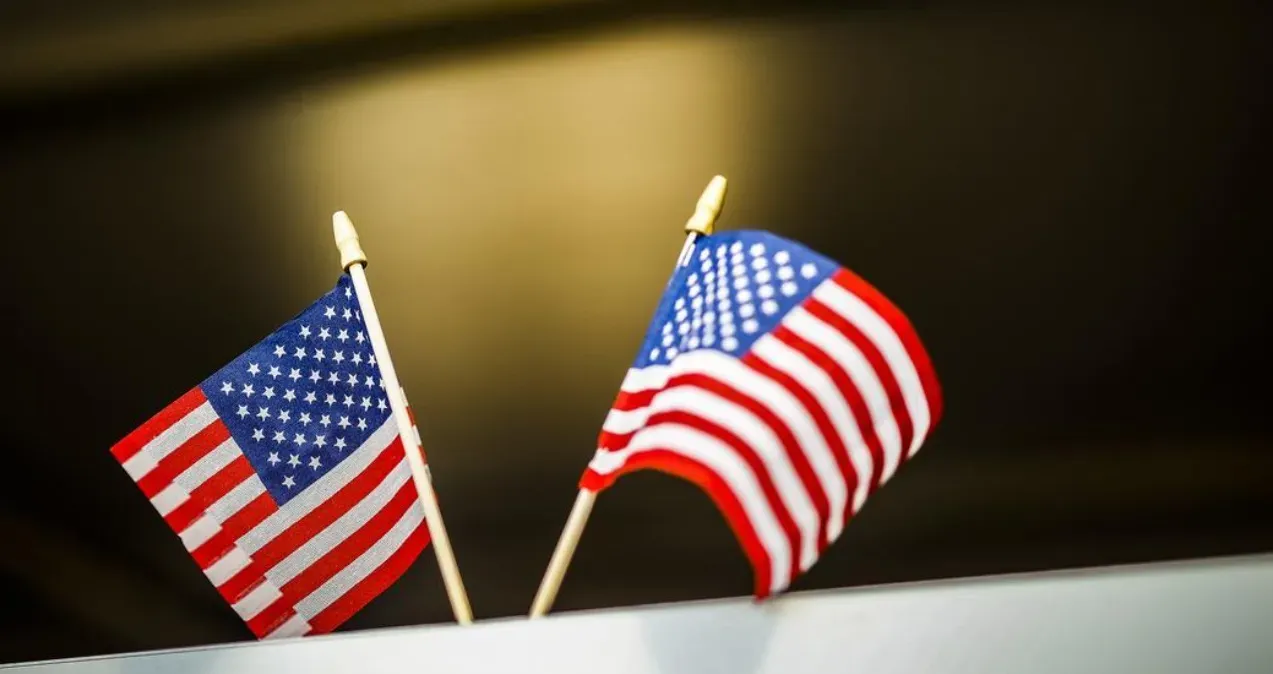In the days leading up to the US presidential election, the FBI has warned about the circulation of fake videos on social media with the intention of sowing doubt and confusion in the electoral process.
This alert was published yesterday, Saturday, in response to two specific videos that, according to the agency, are falsely associated with the agency and its work around electoral security.
One of these fake videos said that the FBI has “arrested three groups involved in electoral fraud,” while the other refers to the husband of Vice President Kamala Harris, both showing manipulated content to confuse voters.
This type of disinformation aims to distort the facts and cause distrust among American voters, eroding the credibility of the institutions that ensure the transparency of the system.
Tip: Voting by mail in US
The FBI stressed that the integrity of the elections is one of its highest priorities and, therefore, collaborates with state and local security agencies so that any threat is identified and controlled.
In the words of the FBI itself, “attempts to deceive the public with false content about FBI operations undermine our democratic process and are intended to erode confidence in the electoral system.”
Also, other American security entities have intensified their work to stop this disinformation.
In fact, the day before the FBI’s release, the Office of the Director of National Intelligence (ODNI) and the Cybersecurity and Infrastructure Security Agency (CISA) confirmed that they had tracked two other videos, attributed to “Russian influence,” which also contained false information showing images of people who, according to the montage, claimed to be Haitian and who had voted illegally in several counties in Georgia.
For all these reasons, it is advisable for people to check the sources of information before sharing any type of content that could influence public opinion or the electoral process. Especially considering that social media has a huge reach, and it is easy for a fake news item or a misleading video to spread quickly, provoking an immediate and disproportionate reaction in public opinion.

